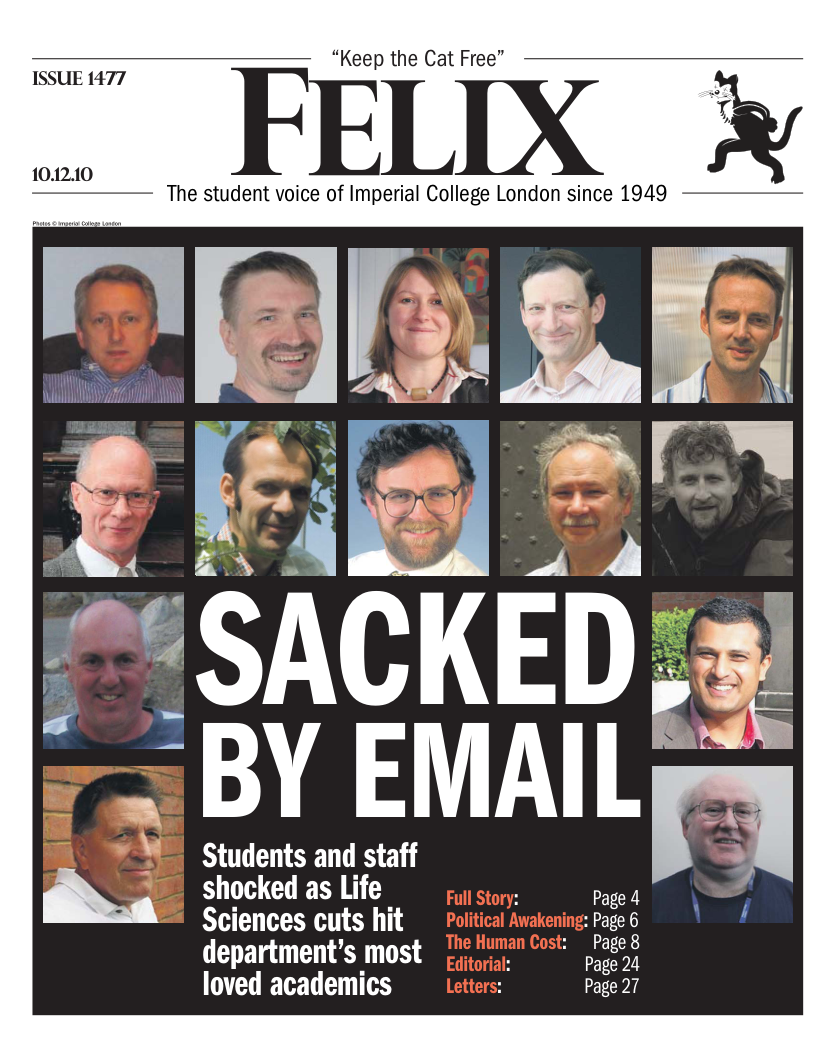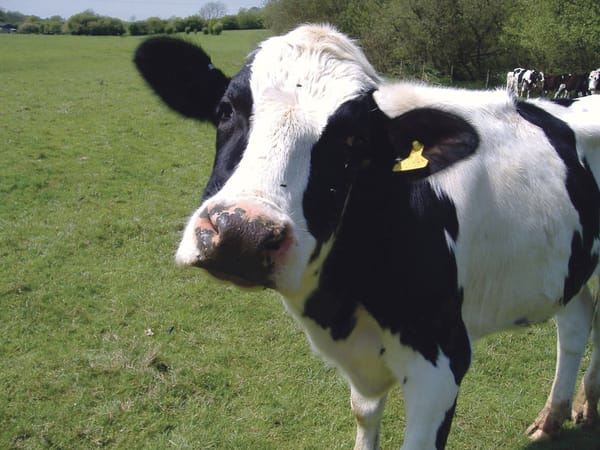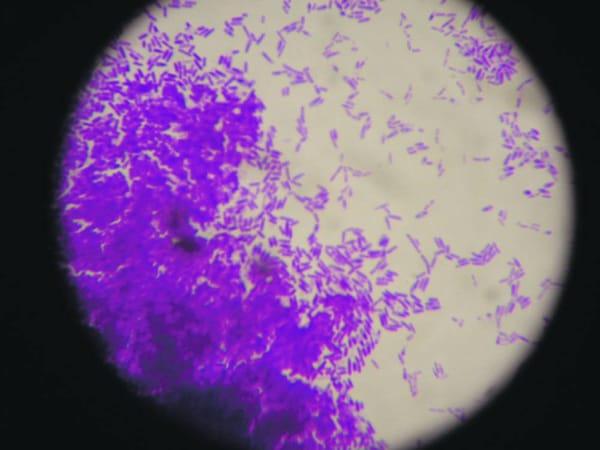Barley disease sequenced
Research suggests genome parasites help adaption

Researchers from the beleaguered Department of Life Sciences at Imperial College have sequenced the genome of a major fungal disease that affects cereal crops including barley. This breakthrough could advance our understanding of the evolution of plant diseases. The research suggests that parasites within the fungal genome help the disease adapt and evade the plant’s defences.
The findings could help develop new agricultural techniques for protecting cereal crops. Barley is central to the brewing industry as well as being the basis of many staple foods, so ensuring the plants are disease-free is increasingly important.
This research, let by Dr Pietro Spanu, decoded the genome of Blumeria, which causes powdery mildew. This affects many vegetables and cereal crops in northern Europe. Farmers use fungicides, genetically resistant varieties and crop rotation to prevent mildew epidemics, but the fungi often evolve too rapidly for these to be effective. This can occur because multiple parasites within the genome, known as ‘transposons’, help it to disguise itself and go unrecognised by the plant’s defences. The transposons confuse the host plant by changing the target molecules that the plant uses to detect the onset of disease.
The team discovered that Blumeria has an unusually large number of transposons. “It was a big surprise,” said Dr Spanu, “as a genome normally tries to keep its transposons under control. But in these genomes, one of the controls has been lifted. We think it might be an adaptive advantage for them to have these genomic parasites, as it allows the pathogens to respond more rapidly to the plant’s evolution and defeat the immune system.”
“With this knowledge of the genome we can now rapidly identify which genes have mutated, and then can select plant varieties that are more resistant,” said Dr Spanu. “We’ll be able to develop more efficient ways to monitor and understand the emergence of resistance, and ultimately to design more effective and durable control measures.”
Mildew pathogens are ‘obligate’ parasites, completely dependent on their plant hosts for survival. This dependence is why the pathogens have had to devise a way to disguise themselves.
“We’ve now found this happening in lots of fungi and fungal-like organisms that are obligate pathogens,” said Dr Spanu, adding that the costly genome inflation could therefore be a trade-off that makes these pathogens successful. “Non-obligate pathogens are not so dependent on their hosts, as they can live elsewhere,” said Dr Spanu, “so they are less dependent on rapid evolution.”







